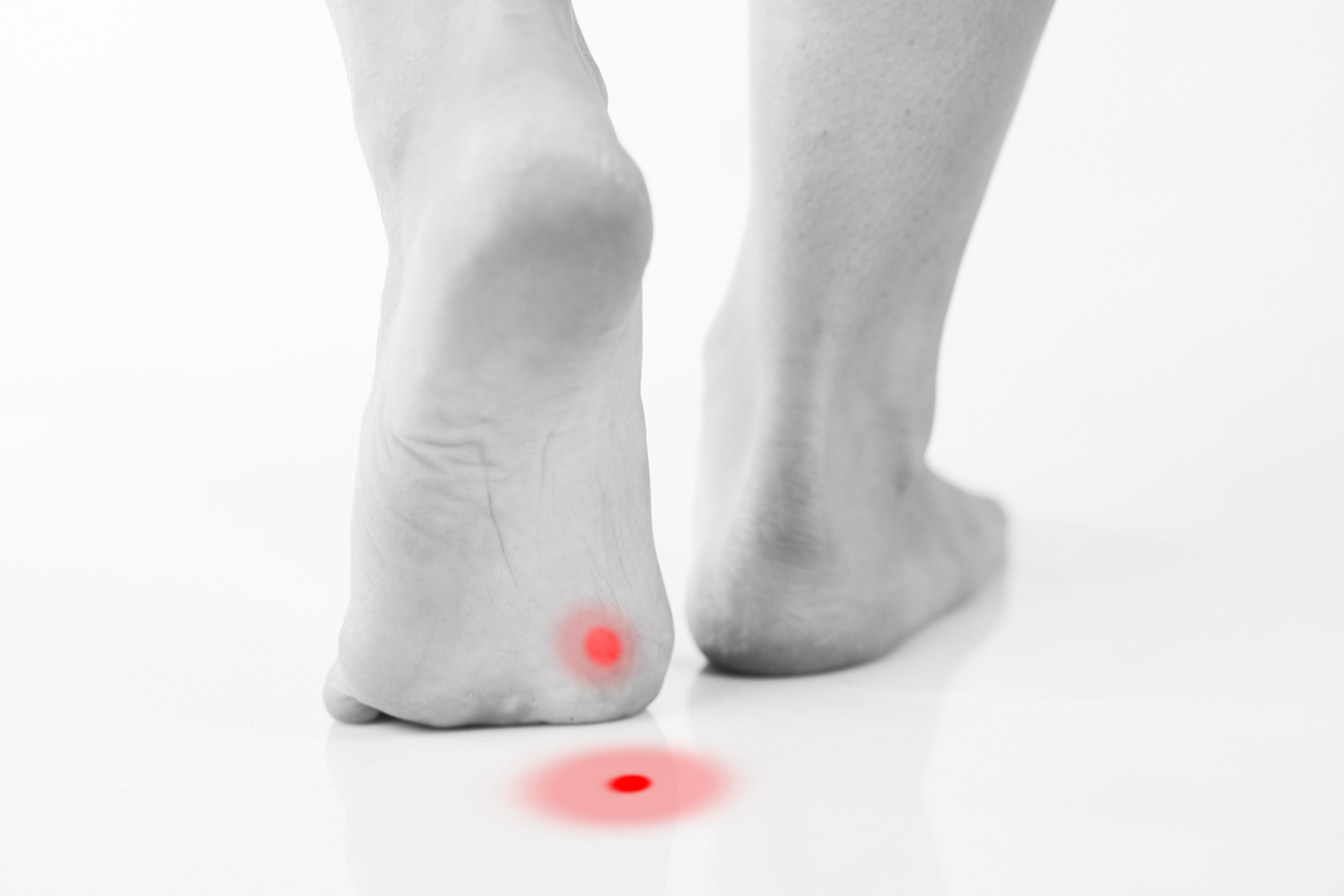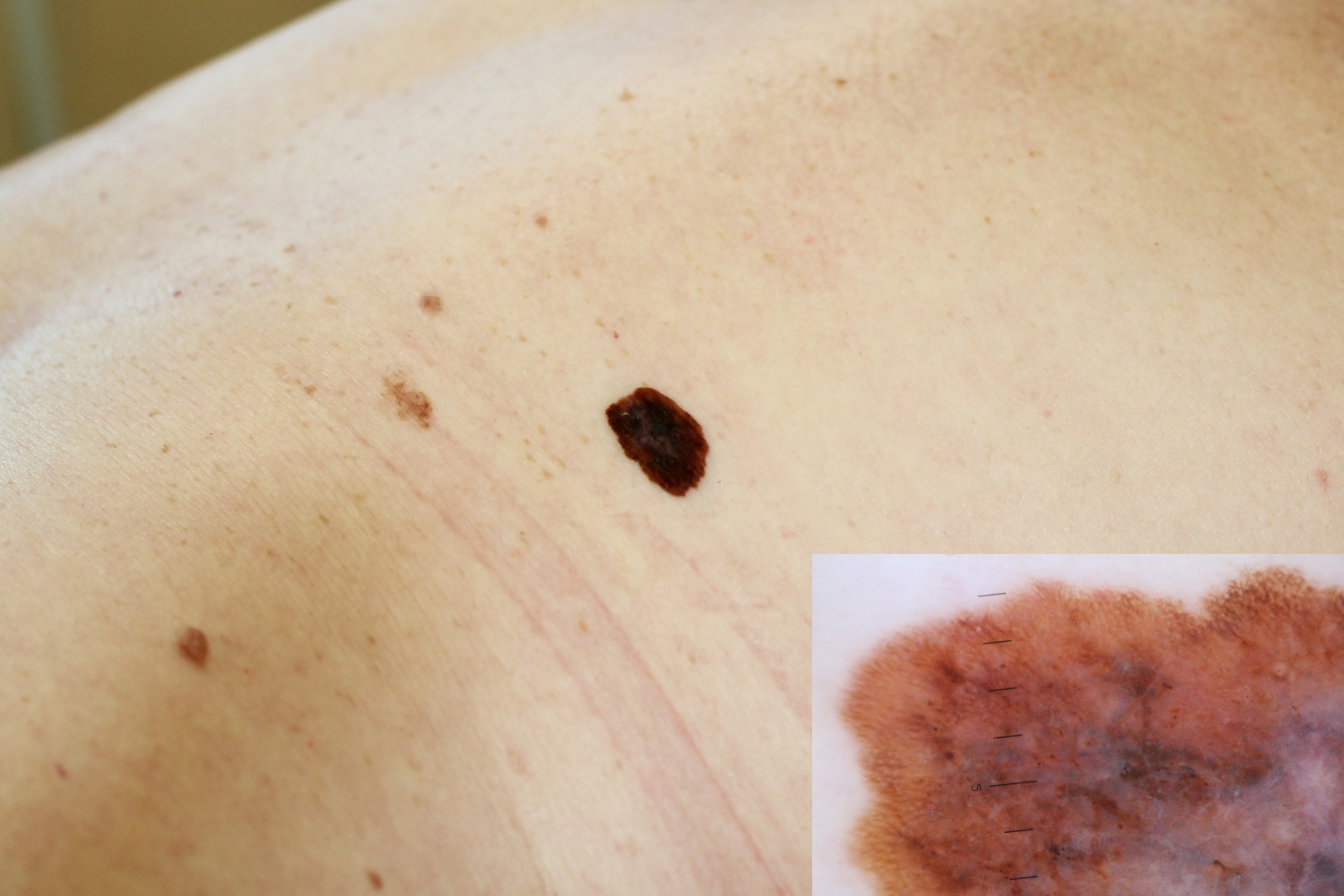Psoriasis: Unveiling the Mysteries & Effective Management Strategies

Living with psoriasis can be a challenging journey for many individuals, as this chronic autoimmune condition manifests in the form of red, scaly patches on the skin. At Fall Creek Skin and Health Clinic, we understand the physical and emotional toll that psoriasis can take on our patients. In this blog post, we aim to shed light on the mysteries of psoriasis and provide effective management strategies to help you better cope with this condition.
Understanding Psoriasis
Psoriasis is a complex condition that affects millions of people worldwide. It is characterized by an accelerated skin cell growth cycle, leading to the rapid buildup of skin cells on the surface of the skin. This excessive cell turnover results in the formation of thick, red patches with silvery scales, often accompanied by itching and irritation.
While the exact cause of psoriasis remains unknown, researchers believe that a combination of genetic, environmental, and immune system factors play a role in its development. Triggers such as stress, infections, certain medications, and lifestyle choices can exacerbate symptoms and lead to flare-ups.
Effective Management Strategies
Fortunately, there are various treatment options and lifestyle changes that can help manage psoriasis and improve your quality of life. Here are some effective management strategies recommended by the experts at Fall Creek Skin and Health Clinic:
1. Topical Treatments
Topical corticosteroids, retinoids, and moisturizers can help reduce inflammation, itching, and scaling associated with psoriasis. These medications are typically applied directly to the affected areas and can provide relief for mild to moderate symptoms.
2. Phototherapy
Phototherapy, also known as light therapy, involves exposing the skin to ultraviolet (UV) light under medical supervision. This treatment can slow down the rapid growth of skin cells and help reduce inflammation in psoriatic patches.
3. Systemic Medications
For severe cases of psoriasis that do not respond to other treatments, systemic medications such as methotrexate, cyclosporine, or biologics may be prescribed. These medications work by targeting the immune system to reduce inflammation and control symptoms.
4. Stress Management
Stress is a known trigger for psoriasis flare-ups, so practicing stress-reducing techniques such as mindfulness, yoga, and deep breathing exercises can help manage symptoms and improve overall well-being.
5. Healthy Lifestyle Choices
Maintaining a healthy lifestyle with a balanced diet, regular exercise, and adequate sleep can support your immune system and reduce inflammation in the body. Avoiding smoking, excessive alcohol consumption, and unhealthy foods can also help minimize psoriasis symptoms.
6. Support Networks
Living with psoriasis can be emotionally challenging, so connecting with support groups or talking to a mental health professional can provide you with the necessary support and coping strategies to navigate the ups and downs of this condition.
At Fall Creek Skin and Health Clinic, we are committed to providing comprehensive care for patients with psoriasis and other skin-related conditions. Our team of experienced professionals is dedicated to helping you manage your symptoms effectively and improve your quality of life.
If you are struggling with psoriasis or have concerns about your skin health, don't hesitate to reach out to us. Schedule a consultation with one of our specialists today to explore personalized treatment options tailored to your unique needs.
Remember, psoriasis may be a part of your life, but it doesn't define you. With the right management strategies and support, you can continue to live a fulfilling and healthy life despite the challenges posed by this condition.
Stay informed, stay empowered, and take control of your psoriasis journey with Fall Creek Skin and Health Clinic by your side.



Need Our Services?
Book a free consultation

Our promise is to offer high-quality medical attention at a fair price in a clean, friendly, and professional environment.
QUICK LINKS
BUSINESS HOURS
- Mon - Thu
- -
- Friday
- -
- Saturday
- Appointment Only
- Sunday
- Closed
All Rights Reserved | Fall Creek Skin and Health Clinic |
